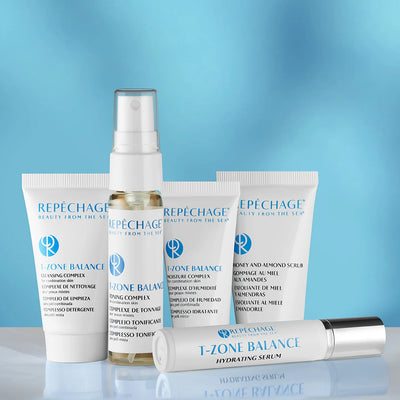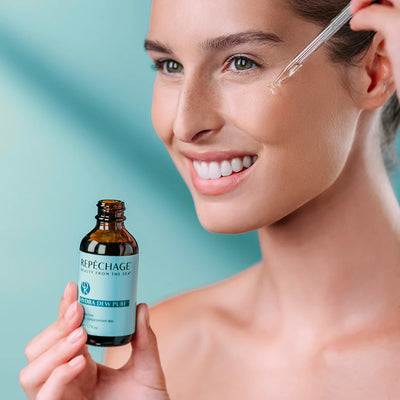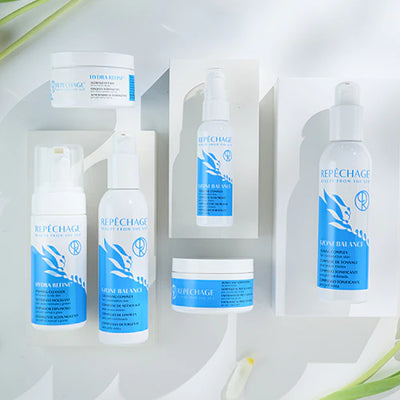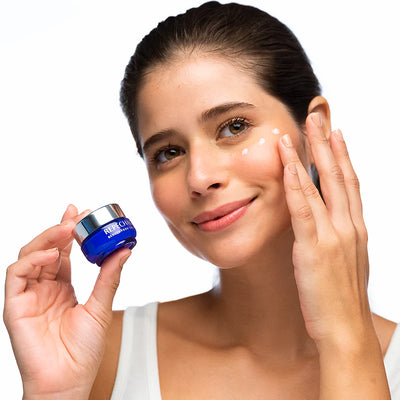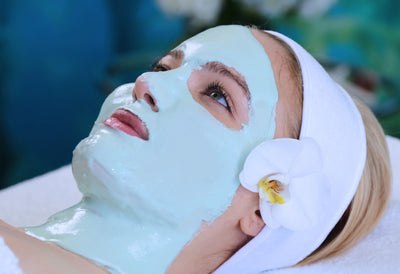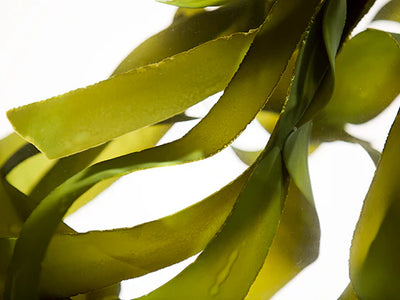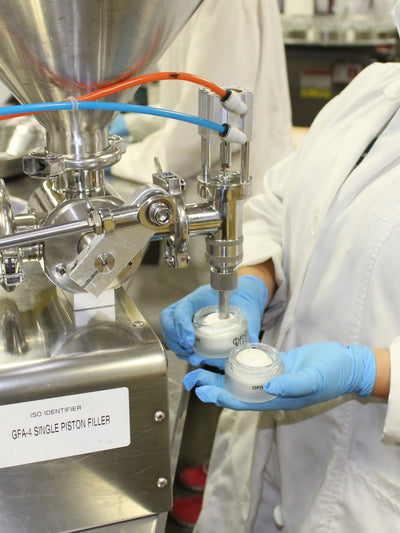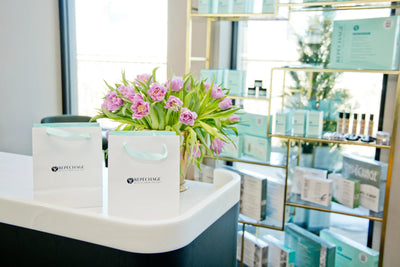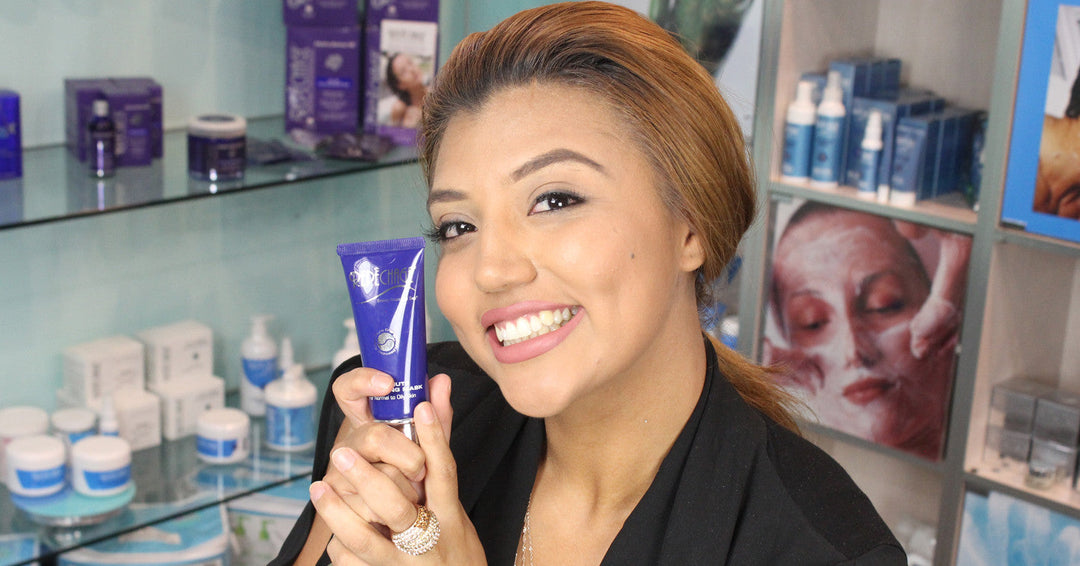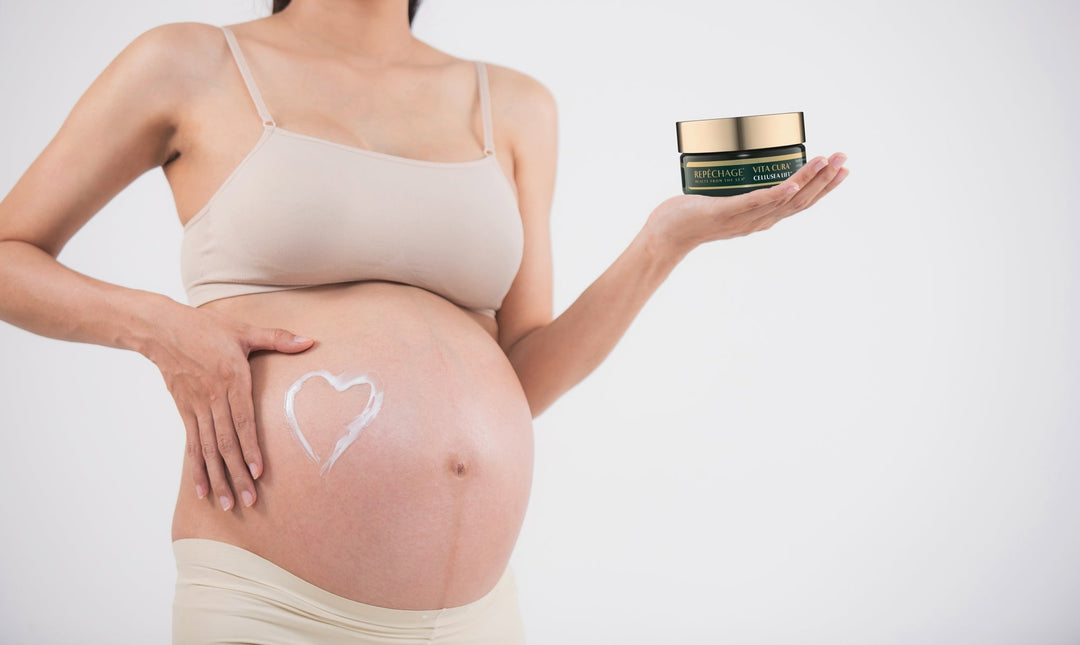Beyond UV – Why Your Skin Needs Environmental Protection
Smog, car exhaust, and cigarette smoke – these are amongst some of environmental pollutants we are surrounded by daily (and perhaps over-exposed too if living in an urban area). We’re all aware of how these forms of pollution can cause damage to our health internally, but how can they affect us externally?
Inflammation or redness, skin damage such as wrinkling and hyperpigmentation, and various skin issues can result from exposure to such pollutants. This is because air pollutants can generate free radicals, which are known for being one of the biggest skin aggravators. The most common of these are Reactive Oxygen Species or ROS. These attack macromolecules on the skin such as membrane lipids, proteins, and DNA, which can lead to skin health disorders.¹ It has been postulated that these particles can serve as carriers for organic chemicals and metals that are capable of localizing in mitochondria and generating ROS.²
Luckily for our skin, seaweed has natural antioxidant properties to protect against free radical damage. Seaweeds are one of the richest sources of natural anti-oxidants, such as phlorotannins, sulfated polysaccarides, fucosterol and fucoxanthins.¹ Phlorotannins are different from tannins in terrestrial plants, but the physiologic properties are similar. They have anti-oxidant properties, scavenge free radicals, are anti-inflammatory, have chelating activity and protect against oxidative stress in cells.
Another protective ingredient for your skin? Zinc Oxide. Zinc Oxide acts a natural physical sunscreen that blocks both UVA and UVB rays. In fact, the protective qualities in both seaweed and Zinc Oxide is why we’ve combined a heavy concentration of both into our new Mineral Face Shield that works to provide your skin with the daily, everyday protection it needs.
When it comes to your skin, true protection goes beyond a chemical sunscreen. Utilizing an environmental protector as your last step before stepping out will allow your skin to get the long-lasting protection it needs while maintaining a healthy and beautiful glow.
1. Se-Kwan Kim, Ph.D. Marine Cosmeceuticals, Journal of
Cosmetic Dermatology, April, 2013
2. Andrea Vierkötter, et.al., Airborne Particle Exposure and
Extrinsic Skin Aging, Journal of Investigative Dermatology. July, 2010


